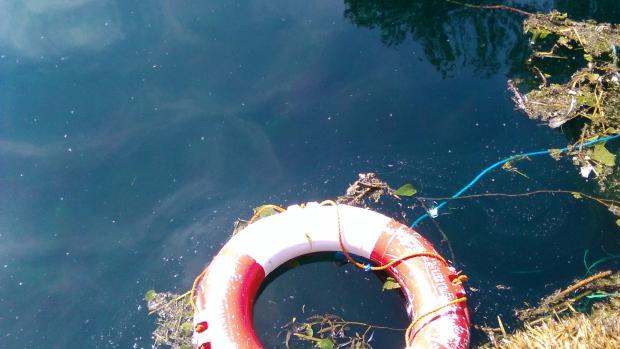
To All That Litter
Another day is always another opportunity for me to inform you on the many reasons why you should convert your office’s business forms into paperless business forms & paperless forms for greater work efficiency and to reduce your carbon footprint. However, today I want to talk about another type of waste- litter.
I’m sure when you throw away your plastic bottles incorrectly, you don’t think about how much damage it actually does. It’s just a little garbage, right?
WRONG! Litter creates toxins and pollutants that are harmful to our environment and animals. Discarded garbage clogs our waterways, effects our soils, and may remain in landfills forever. Bottles and plastic sacks can create harmful environments for animals. They may ingest the plastic sacks and suffer from serious illness. Small animals crawl into bottles and jars looking for food and may become stuck and slowly starve to death. So you see, there are so many harmful repercussions our ecosystem suffers when we pay little mind to what we throw away, and how we throw away it. It’s not just a little litter. It adds up.
Try your best to Recycle, Reduce and Reuse whenever possible and properly dispose of your garbage to avoid needless and harmful litter. Below are just some of the harmful effects of littering some materials:
PLASTIC
Plastic is the bane of every environmentalist's existence. Discarding plastic products, including grocery sacks, rapidly fills up landfills and often clog drains. When plastic litter drifts out to sea, animals like turtles or dolphins may ingest the plastic. The plastic creates health problems for the animals including depleting their nutrients and blocking their stomachs and intestines. Animals cannot break down plastic in their digestive system and will usually die from the obstruction. Pieces of plastic can also get tangled around animals' bodies or heads and cause injury or death.
WATER POLLUTION
Litter in our water supply from consumer and commercial use creates a toxic environment. The water is ingested by deer, fish and a variety of other animals. The toxins may cause blood clotting, seizures or serious medical issues that can kill animals. The toxic water may also kill off surrounding plant life on riverbanks and the bottom of a pond's ecosystem. When humans eat animals that have ingested compromised water supplies, they also can become sick.
SOIL
Runoff from litter, polluted water, gasoline and consumer waste can infiltrate our soil. The soil absorbs the toxins litter creates and affects plants and crops. The agriculture is often compromised and fails to thrive. Animals then eat those crops or worms that live in the soil and may become sick. Humans who eat either the crops or the animals feeding on the infected agriculture can also become ill.
JARS AND BOTTLES
Discarded jars and bottles usually do not biodegrade naturally and add to our mounting litter problem. The litter remains in our landfills and clog our sewers, streets, rivers and fields. Crabs, birds and small animals may crawl into the bottles looking for food and water and become stuck and slowly die from starvation and illness. The World Wide Fund for Nature reported some 1.5 million tons of plastic waste from the water bottling industry alone.
Here at Signtech, we share information like this so that we as humans can become more conscious of how our actions affect the environment and ultimately swap out bad habits for good ones.
Reference National Geographic News: Are Plastic Grocery Bags Sacking the Environment? http://news.nationalgeographic.com/news/2003/09/0902_030902_plasticbags.html
SignTech Forms is an innovative paperless platform that converts existing forms and documents into paperless forms that can be completed on mobile devices and electronically signed seamlessly (with full data integration). For more information visit www.signtechforms.com or email expert@signtechforms.com


